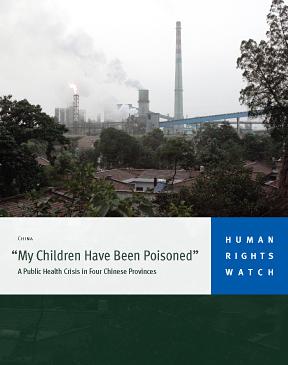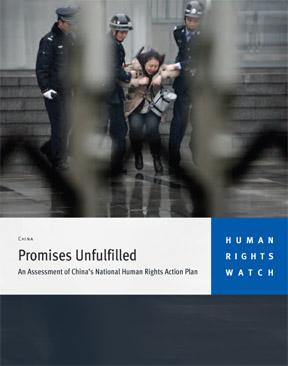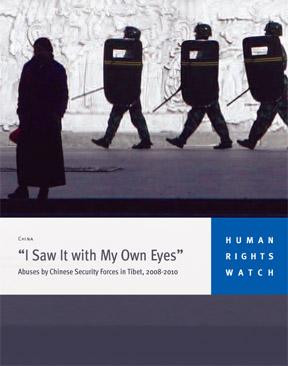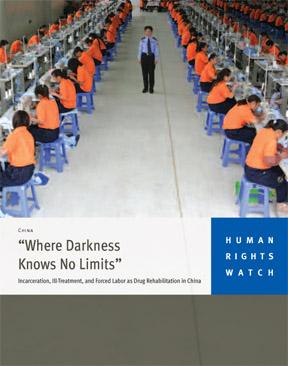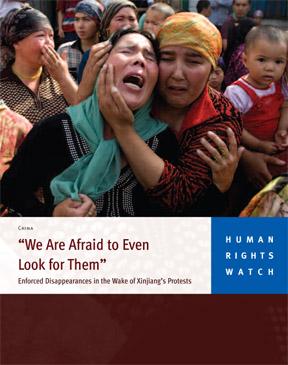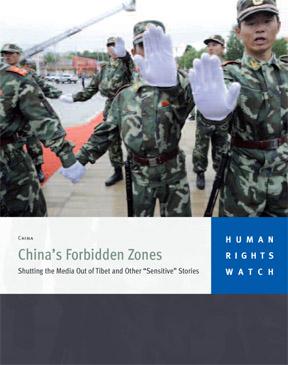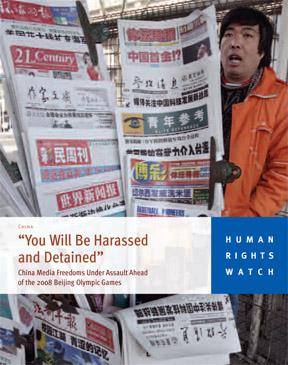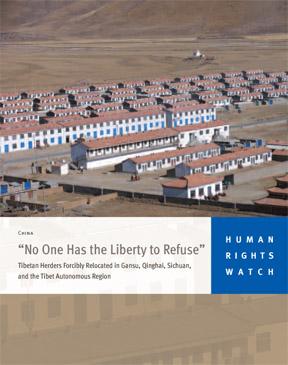“We Can’t Write the Truth Anymore”
Academic Freedom in Hong Kong Under the National Security Law
The 76-page report, “‘We Can’t Write the Truth Anymore’: Academic Freedom in Hong Kong Under the National Security Law,” documents that long-protected civil liberties, including the rights to freedom of expression, assembly, and association, have been under assault in Hong Kong’s eight publicly funded universities. As these universities have become increasingly repressive, students and faculty widely self-censor, fearful of being targeted for harassment, retribution, and even prosecution for what they say and do both in the classroom and on campus.




